The end of the year is approaching with fast steps. This year I haven’t been so active as a blogger as last year until recently – German Lit Month brought me back to the usual pace – and I have done more blog posts on poetry and translations than the year before; also I did more posts in German and one in Bulgarian too. Book blogging is a dynamic process and the focus of such places will always be subject to small unplanned changes, but I will keep also in the next year my habit to publish reviews of books that were interesting to me.
As you already know when you follow this blog on a regular basis, my taste in books is rather eclectic. I am definitely not a person who is permanently scanning bestseller lists or is jumping in on discussions about books that were – usually for marketing reasons – the “talk of the town”. Therefore I avoided so far reviewing books by Houellebecq or Knausgård; it is difficult to not be influenced by the public discussion that focuses frequently on aspects that have very little to do with the literary quality of the books by such authors but a lot with their public persona and their sometimes very controversial opinions about certain topics. Not that the books by these authors are necessarily bad, but I prefer to read without too much background noise. So I will come also to these authors, but most probably not in the near future.
My blog tries to be diverse, but without quota. But of course my choice is subjective and I am aware of the fact that probably most readers will find many authors/books on this list that are completely unknown to them. If you look for just another blog that is reviewing again and again the same exclusively Anglo-saxon authors, then this might not be the best place for you. If you are eager to discover something new, then you are most welcome.
There are no ads on this blog and this will also not change in the future. There is zero financial interest from my side to keep this blog alive, I do it just for fun. Please don’t send unsolicitated review copies if you are an author or a publisher. In rare cases I might accept a review copy when contacted first but only when I have already an interest in the book. All blog posts contain of course my own – sometimes idiosyncratic – opinion for what it is worth. In general I tend to write reviews on the positive side. When a book disappoints me, I tend to not write a review unless there is a strong reason to do otherwise.
These are the books presently on my “To-be-read” pile; which means they are the one’s that i will most probably read and review within the coming months. But as always with such lists, they are permanently subject to changes, additions, removals. Therefore I (and also the readers of this blog) will take this list as an orientation and not as a strict task on which I have to work one by one.
Chinua Achebe: Things Fall Apart
Jim al-Khalili: The House of Wisdom
Ryunosunke Akutagawa: Kappa
Rabih Alameddine: The Hakawati
Sinan Antoon: The Corpse Washer
Toufic Youssef Aouad: Le Pain
Abhijit Banerjee / Esther Duflo: Poor Economics
Hoda Barakat: Le Royaume de cette terre
Adolfo Bioy Casares: The Invention of Morel
Max Blecher: Scarred Hearts
Nicolas Born: The Deception
Thomas Brasch: Vor den Vätern sterben die Söhne
Joseph Brodsky: On Grief and Reason
Alina Bronsky: Just Call Me Superhero
Alina Bronsky: The Hottest Dishes of the Tartar Cuisine
Dino Buzzati: The Tartar Steppe
Leila S. Chudori: Pulang
Beqe Cufaj: projekt@party
Mahmoud Darwish: Memory of Forgetfulness
Oei Hong Djien: Art & Collecting Art
Dimitre Dinev: Engelszungen (Angel’s Tongues)
Anton Donchev: Time of Parting
Jabbour Douaihy: June Rain
Michael R. Dove: The Banana Tree at the Gate
Jennifer DuBois: A Partial History of Lost Causes
Isabelle Eberhardt: Works
Tristan Egolf: Lord of the Barnyard
Deyan Enev: Circus Bulgaria
Jenny Erpenbeck: The End of Days
Patrick Leigh Fermor: Mani
Milena Michiko Flašar: I called him Necktie
David Fromkin: A Peace to End All Peace
Carlos Fuentes: Terra Nostra
Amitav Ghosh: In an Antique Land
Georg K. Glaser: Geheimnis und Gewalt (Secret and Violence)
Georgi Gospodinov: Natural Novel
Georgi Gospodinov: The Physics of Sorrow
Elizabeth Gowing: Edith and I
David Graeber: The Utopia of Rules
Garth Greenwell: What Belongs to You
Knut Hamsun: Hunger
Ludwig Harig: Die Hortensien der Frau von Roselius
Johann Peter Hebel: Calendar Stories
Christoph Hein: Settlement
Wolfgang Hilbig: The Sleep of the Righteous
Albert Hofmann / Ernst Jünger: LSD
Hans Henny Jahnn: Fluss ohne Ufer (River without Banks) (Part II)
Franz Jung: Der Weg nach unten
Ismail Kadare: Broken April
Ismail Kadare: The Palace of Dreams
Douglas Kammen and Katharine McGregor (Editors): The Contours of Mass Violence in Indonesia: 1965-1968
Rosen Karamfilov: Kolene (Knees)
Orhan Kemal: The Prisoners
Irmgard Keun: Nach Mitternacht
Georg Klein: Libidissi
Friedrich August Klingemann: Bonaventura’s Nightwatches
Fatos Kongoli: The Loser
Theodor Kramer: Poems
Friedo Lampe: Septembergewitter (Thunderstorm in September)
Clarice Lispector: The Hour of the Star
Naguib Mahfouz: The Cairo Trilogy
Curzio Malaparte: Kaputt
Thomas Mann: Joseph and His Brothers
Sandor Marai: Embers
Sean McMeekin: The Berlin-Baghdad Express
Multatuli: Max Havelaar
Alice Munro: Open Secrets
Marie NDiaye: Three Strong Women
Irene Nemirovsky: Suite française
Ben Okri: The Famished Road
Laksmi Pamuntjak: The Question of Red
Victor Pelevin: Omon Ra
Georges Perec: Life. A User’s Manual
Leo Perutz: By Night Under the Stone Bridge
Boris Pilnyak: Mahogany
Alek Popov: Black Box
Milen Ruskov: Thrown Into Nature
Boris Savinkov: Memoirs of a Terrorist
Eric Schneider: Zurück nach Java
Daniel Paul Schreber: Memoirs of My Nervous Illness
Carl Seelig: Wandering with Robert Walser
Victor Serge: The Case of Comrade Tulayev
Anthony Shadid: House of Stones
Varlam Shalamov: Kolyma Tales
Raja Shehadeh: A Rift in Time
Alexander Shpatov: #LiveFromSofia
Werner Sonne: Staatsräson?
Andrzej Stasiuk: On the Way to Babadag
Ahmet Hamdi Tanpınar: The Time Regulation Institute
Pramoedya Ananta Toer: A Mute’s Soliloquy
Pramoedya Ananta Toer: The Buru Quartet (4 vol.)
Lionel Trilling: The Middle of the Journey
Iliya Trojanov: The Collector of Worlds
Bernward Vesper: Die Reise (The Journey)
Robert Walser: Jakob von Gunten
Peter Weiss: The Aesthetics of Resistance
Edith Wharton: The Age of Innocence
Marguerite Yourcenar: Coup de Grace
Galina Zlatareva: The Medallion
Arnold Zweig: The Case of Sergeant Grisha
Stay tuned – and feel free to comment any of my blog posts. Your contributions are very much appreciated. You are also invited to subscribe to this blog if you like.
© Thomas Hübner and mytwostotinki.com, 2014-5. Unauthorized use and/or duplication of this material without expressed and written permission from this blog’s author and/or owner is strictly prohibited. Excerpts and links may be used, provided that full and clear credit is given to Thomas Hübner and mytwostotinki.com with appropriate and specific direction to the original content.
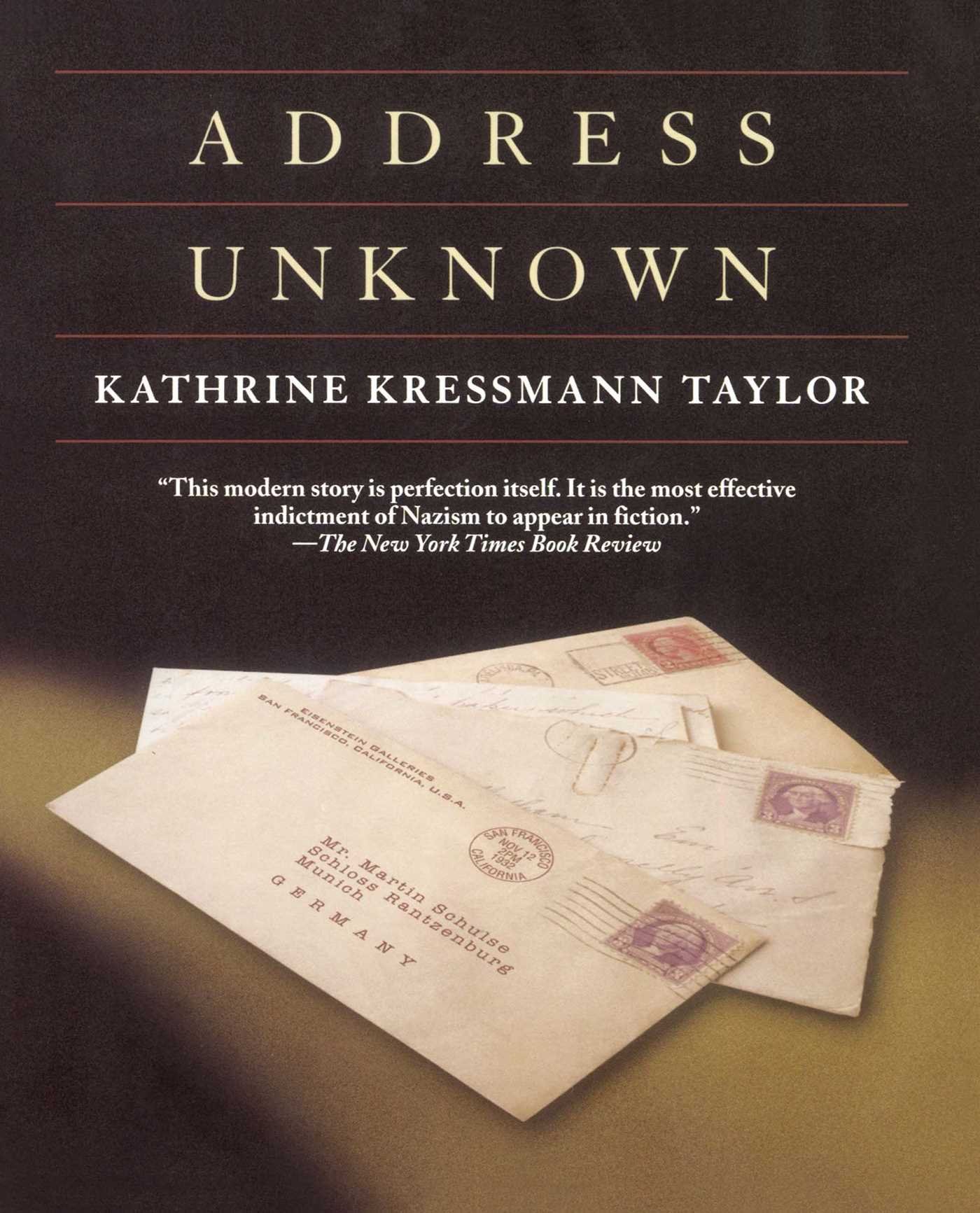

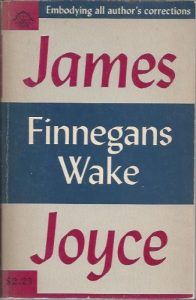


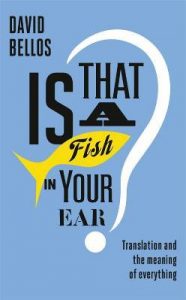
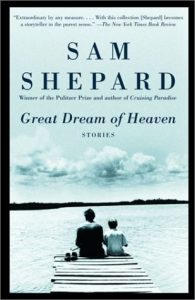
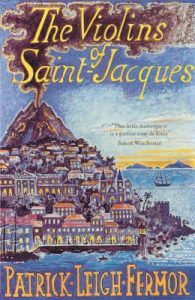
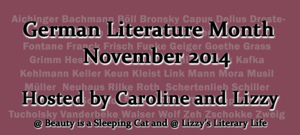



 Facebook
Facebook RSS
RSS Twitter
Twitter